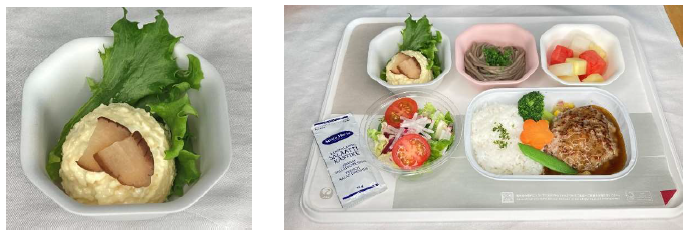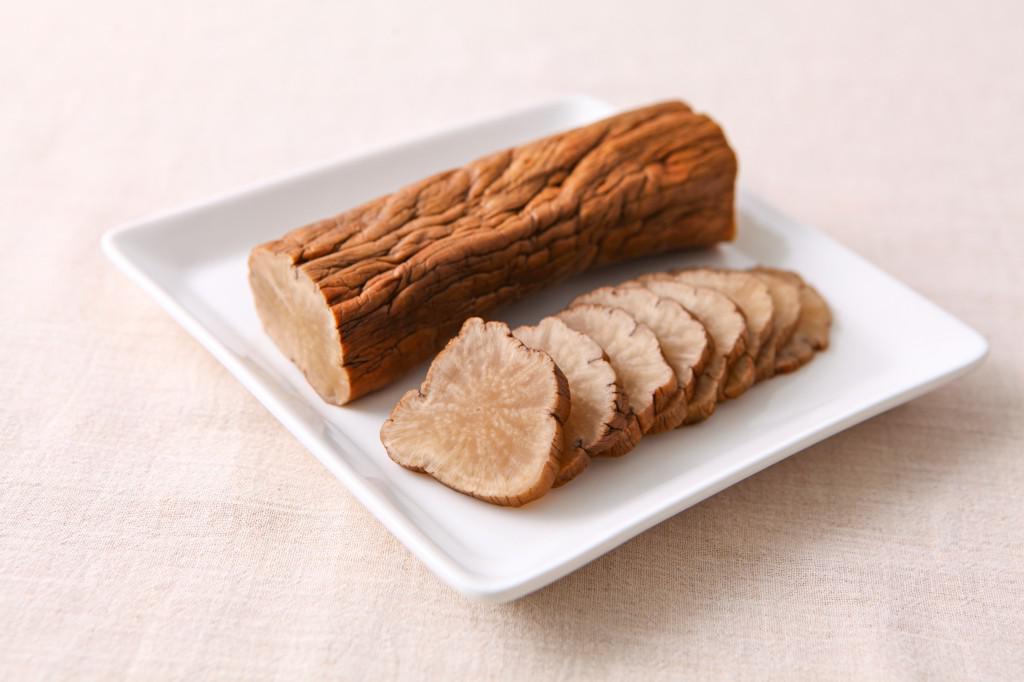Press Release
New Menu Featuring Akita Specialty "Iburigakko" Now offered on Flights from Helsinki to Haneda

(Joint release)
Japan Airlines Co, Ltd.
Akita Prefectural Food Akita Promotion Division
Ogachino Kimuraya
Japan Airlines Co., Ltd. (Headquarters: Shinagawa-ku, Tokyo, President: Mitsuko Tottori, hereinafter
“JAL”), in cooperation with Akita Prefecture's Akita Food Promotion Division and Ogachino Kimuraya
Co. has been offering a new menu using the Akita specialty “Iburigakko” (Smoked Pickled Radish) in
the premium economy and economy class inflight meals on flights from Helsinki to Haneda since June
1, 2024. This initiative, in collaboration with Akita Prefecture to promote the export and expansion of
sales channels for local products, aims to create a new positive cycle of contributing to regional
contribution, cultural exchange, and stimulating demand for Akita from various regions through inflight
meals, thereby conveying the charm of Akita to the world.

◆Service Content: Akita specialty “Iburigakko” and cheese salad
◆Available Route and Class: Flight JL48 from Helsinki Premium Economy and Economy Class
◆Service Period: June 1, 2024, to August 31, 2024
“Iburigakko”, a traditional food representing Akita Prefecture, has been highly acclaimed at food fairs
in Finland and neighboring countries. As part of its efforts, to expand the export of specialty products,
Akita Prefecture has exported “Iburigakko” to Finland for the first time. To support this initiative, JAL,
with the cooperation of Ogachino Kimuraya, has developed a new menu that combines “Iburigakko”
with ingredients from Northern Europe. This marks the first initiative for JAL to offer Akita Prefecture's
specialty products in international inflight meals originating from overseas.

"Iburigakko" is a pickled "Iburi Hoshi Daikon" representing Akita Prefecture. "Iburi" means "smoked," and "gakko" is the Akita dialect for "pickles." Traditionally, it was a preserved food for the winter season that was dried in the hearths of dwellings. The heat and smoke from the fire in the hearth enhanced the preservation of the daikon radish. The low temperature during the winter slows down the fermentation process, and the smoky and salty aroma creates a unique umami taste and flavor.
Photo Source: MAFF
https://www.maff.go.jp/e/policies/market/k_ryouri/search_menu/914/index.html

